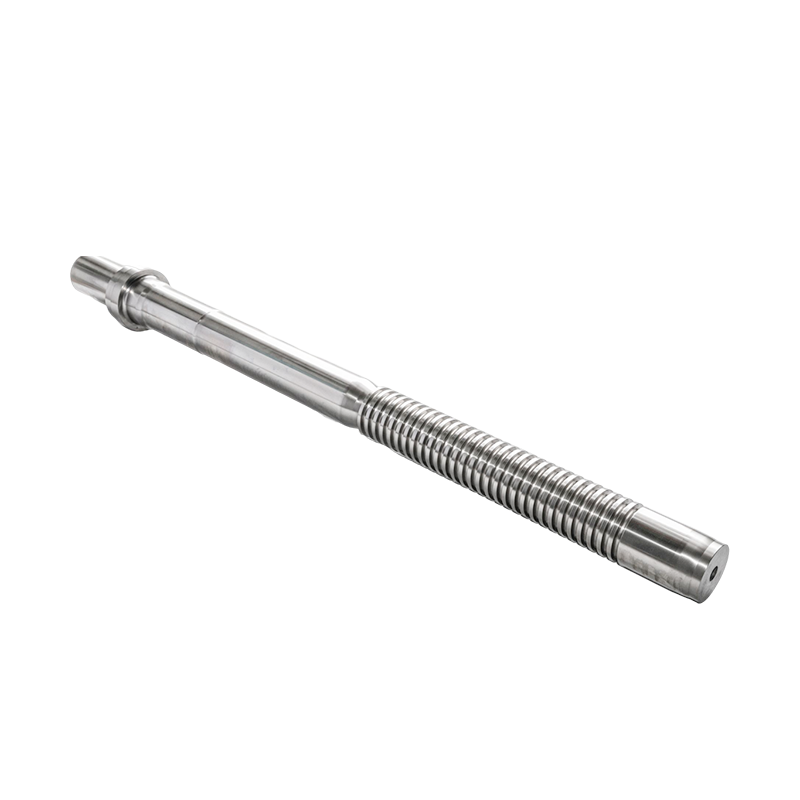We provide custom solutions to all our customers and offer complete technical advices that your company can take advantage of.
In the realm of injection molding, precision and reliability are paramount for achieving high-quality outputs. One crucial component that plays a pivotal role in the seamless functioning of injection molding machines is the tie bar and its associated guide rod. As a leading manufacturer committed to excellence, we understand the significance of these components and their impact on the overall efficiency of the injection molding process.
I. Understanding Tie Bars:
Tie bars are robust metal rods that link the moving and stationary platens of an injection molding machine. These bars endure immense pressure during the molding process, ensuring that the mold remains securely closed. In addition to providing structural integrity, tie bars facilitate the even distribution of force across the mold, preventing misalignment and guaranteeing precise molding outcomes.
Material Selection:
The choice of material for tie bars is critical to their performance. High-strength alloy steels, such as chromium-molybdenum alloys, are commonly employed due to their excellent tensile strength, durability, and resistance to wear. As a manufacturer dedicated to quality, our tie bars undergo rigorous testing to ensure they meet the highest industry standards.
A case study conducted in our state-of-the-art testing facility substantiates the superior performance of our tie bars, showcasing a marked reduction in deformation even under the most demanding molding conditions. This translates to enhanced mold stability and longevity, a critical factor in achieving consistently high-quality molded products.
Surface Treatment:
To enhance durability and corrosion resistance, our tie bars undergo advanced surface treatments, including hard chrome plating. This process not only increases wear resistance but also facilitates smoother movement, reducing friction during the molding cycle.
II. The Role of Tie Bar Guide Rods:
Tie bar guide rods play a complementary role by guiding the movement of the tie bars, ensuring they traverse a straight and controlled path. This minimizes the risk of misalignment, uneven force distribution, and potential damage to the mold.
Precision Machining:
Our tie bar guide rods are precision-machined to exacting tolerances, guaranteeing a perfect fit within the tie bar bushings. This precision is essential for maintaining the alignment of the tie bars and preventing any deviation during the molding process.
Lubrication Systems:
Efficient lubrication is crucial to minimize friction between the tie bar and guide rod interface. Our injection molding tie bar guide rods feature advanced lubrication systems that not only reduce wear but also contribute to smooth and consistent operation over extended periods.
III. Maintenance and Troubleshooting:
Regular maintenance is essential to ensure the longevity and optimal performance of tie bars and tie bar guide rods. As a responsible manufacturer, we provide comprehensive maintenance guides, highlighting key inspection points and recommended lubrication schedules. Additionally, our customer support team is readily available to assist with any troubleshooting or technical queries.

